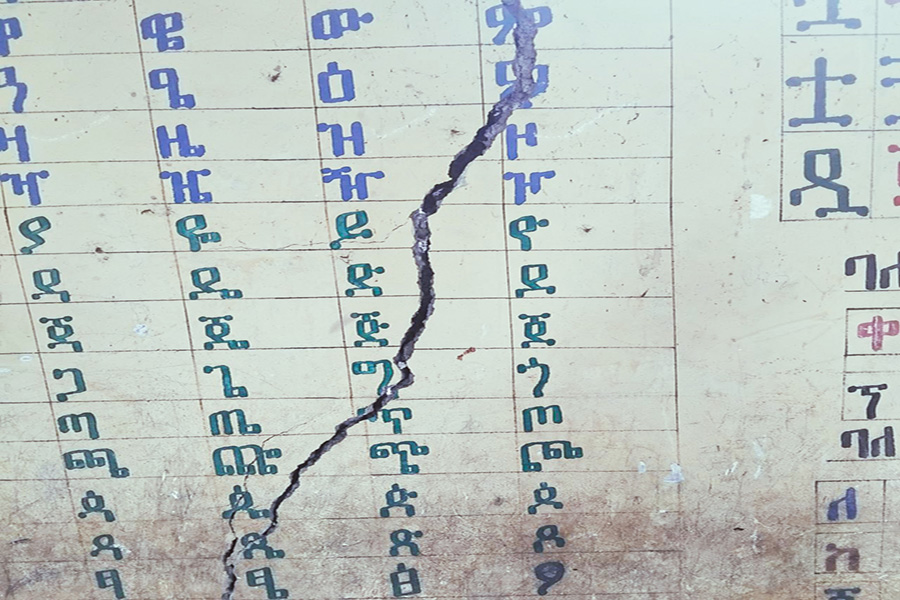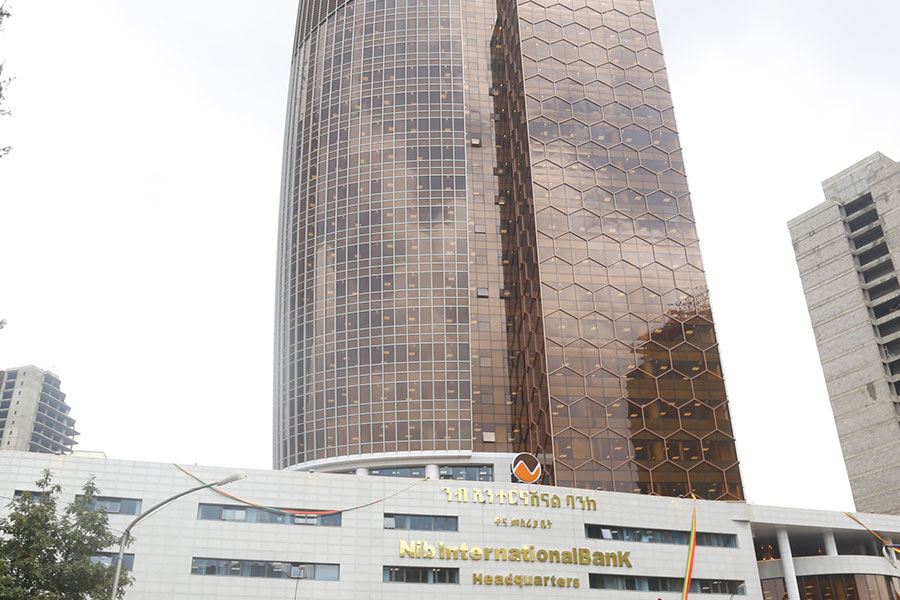
Featured | Sep 07,2025
Jun 18 , 2022
 Yinager Dessie, governor of NBE.
Yinager Dessie, governor of NBE. Importers cannot submit more than two pro forma invoices to a bank requesting foreign currency, according to the new directive issued by the National Bank of Ethiopia (NBE).
Issued on July 10, 2019, the directive reversed a three-year-old provision that had ordered commercial banks to allocate foreign currencies without restrictions on the number or the value of pro forma invoices submitted by the importers.
The former directive has also compelled all commercial banks to at least accept and register any and all forex requests from importers regardless of a backlog of foreign currency demand. With the new procedure, banks cannot register every request, especially those that come from a single importer. Importers, who have more than one backlogged request with a specific bank, will not also be registered for foreign currency allocation.
The new stringent procedure came into effect amid government reports that claim the foreign currency reserves of the country have shown improvement.
Last week Eyob Tekalign, (PhD), state minister for Finance, disclosed that the foreign currency reserves of the country has recovered and reached 3.2 billion dollars, which means it is able to cover three months worth of imports. Three months ago, the Governor of the National Bank of Ethiopia (NBE), Yinager Dessie (PhD), alerted parliament that foreign currency reserves have been depleted and have reached an alarming state, which could cover only fuel and pharmaceuticals.
Signed by Tebebe H. Giorgis, acting director of foreign exchange monitoring & reserve management at the central bank, the directive prohibits banks to register more than two pro forma invoices including those previously registered under the waiting list.
A senior executive at one of the mid-sized banks says the directive will play a significant role in balancing the backlog of all of the banks.
"There are some banks that have piles of requests, while the others have very few," he said.
The other major amendment made on the directive is ranking the priority areas on a first-come, first-served basis. Even though the former directive has identified the priority areas, it did not rank them. The new directive categorised priority areas into three.
Fuel and pharmaceutical products sit on top. Inputs for agriculture such as fertiliser and seeds; raw material for manufacturing industries; profit, dividends, foreign transfer and excess sales of foreign airlines fall under the second category.
The third category includes eight items including motor oil, educational materials, sales from shares and liquidation of companies by foreign direct investment and import of nutrition and baby foods among others.
The central bank has also ordered the banks to allocate no less than 50pc of their total foreign currency allocations for these priority areas. If the allocation for these priorities is less than half of a bank's total allocation, the bank is obliged to surrender the difference to the central bank within the first working days of the next day, according to the new directive.
The new directive also includes a list of items that are exempted from the registration procedure and will be served on demand. Foreign currency requests from non-resident foreign currency accounts; invisible payments such as consultancy; communications and service payments; travel allowances for religious institutions; salary allowances and administrative expenses of Ethiopian diplomatic missions abroad are among the areas included in the list.
Banks are also prohibited from issuing permits for goods shipped before approval after the expiry of letters of credit (LC) and purchase orders.
However, bank presidents are entitled to give the approval to issue an import permit for goods shipped before approval or after the expiry of LC or purchase orders by giving warning letters to the importer if the case is found to be acceptable. The directive also authorised the banks to review unit price increases of up to five percent of the registered value for goods.
PUBLISHED ON
Jun 18,2022 [ VOL
23 , NO
1155]

Featured | Sep 07,2025

Fortune News | Nov 03,2024

View From Arada | Oct 11,2025

Radar | May 13,2023

Agenda | Aug 18,2024

Editorial | Oct 20,2024

Agenda | Oct 12,2025

Fortune News | Aug 02,2025

Fortune News | Sep 04,2021

Radar | Dec 10,2022

Dec 22 , 2024 . By TIZITA SHEWAFERAW
Charged with transforming colossal state-owned enterprises into modern and competitiv...

Aug 18 , 2024 . By AKSAH ITALO
Although predictable Yonas Zerihun's job in the ride-hailing service is not immune to...

Jul 28 , 2024 . By TIZITA SHEWAFERAW
Unhabitual, perhaps too many, Samuel Gebreyohannes, 38, used to occasionally enjoy a couple of beers at breakfast. However, he recently swit...

Jul 13 , 2024 . By AKSAH ITALO
Investors who rely on tractors, trucks, and field vehicles for commuting, transporting commodities, and f...

Oct 18 , 2025
The political establishment, notably the ruling party and its top brass, has become p...

Oct 11 , 2025
Ladislas Farago, a roving Associated Press (AP) correspondent, arrived in Ethiopia in...

Oct 4 , 2025
Eyob Tekalegn (PhD) had been in the Governor's chair for only weeks when, on Septembe...

Sep 27 , 2025
Four years into an experiment with “shock therapy” in education, the national moo...